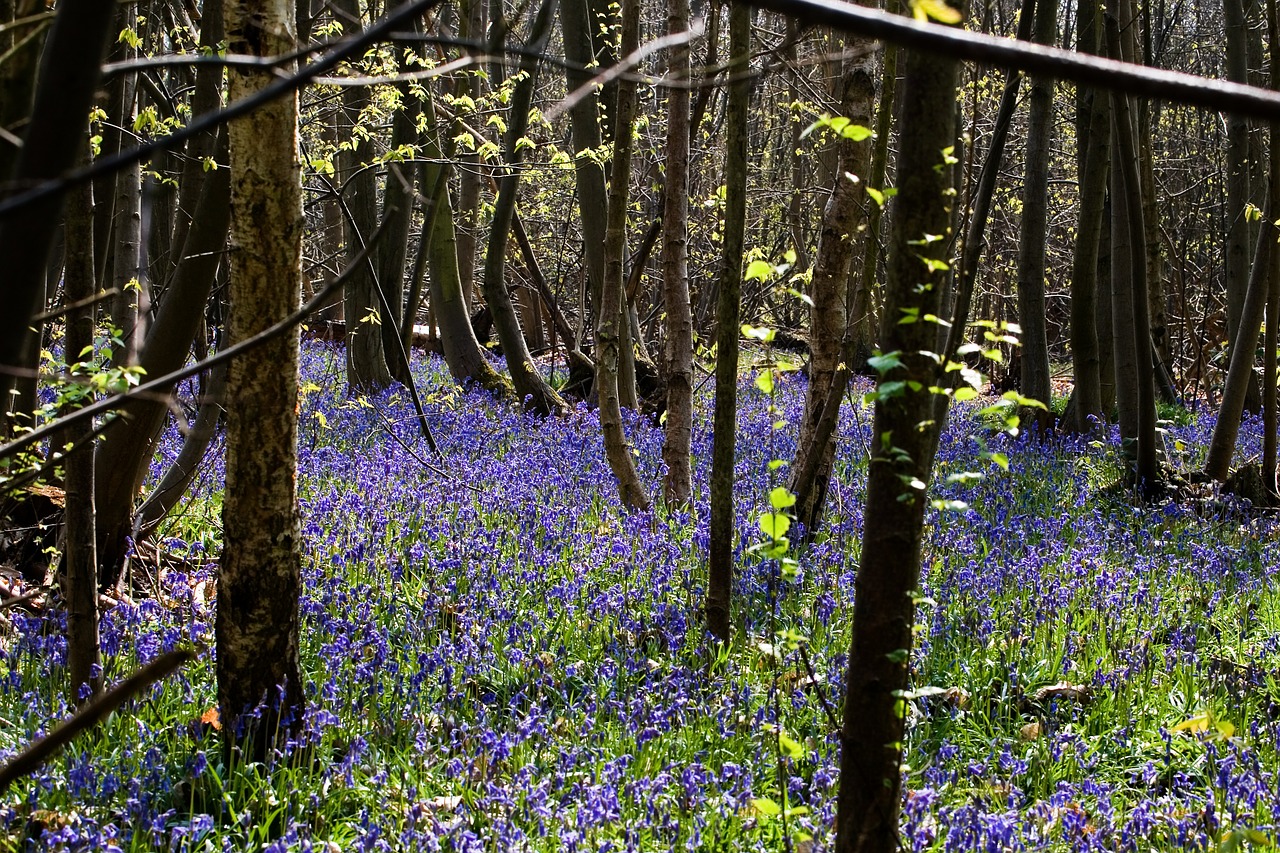It isn’t the only means of carbon sequestration.
It seems more like a tactic to relieve our collective social conscience without actually facing the real problem – our addiction to consumption.
.
Here’s a very reasonable look by an agronomist at where we are (not) when it comes to planting trees in the UK:
.
Is farming trees the future?
Judging by the party manifestos in last year’s general election, the promises of planting millions of trees was about the only thing all parties had in common.
Anyone would think it’s the solution to climate change but I’m a tad confused on this. It seems more like a tactic to relieve our collective social conscience without actually facing the real problem – our addiction to consumption.
A review of the scientific literature on growing trees for carbon sequestration found that to offset the country’s CO2 emissions, a land area twice the size of the UK would need to be planted with trees. Tree-planting simply buys time.
The political leaning towards afforestation falls well short on detail, particularly when it comes to the ‘where’ and the ‘what’. So why’s this important? Let’s take the ‘where’. The government has promised to plant 30 million trees over five years – that will cover an area of 30,000ha but falls well short of the recommendations put forward by the Committee for Climate Change of 30,000ha/annum.

…
Planting trees isn’t the only means of carbon sequestration so perhaps a more considered, joined-up approach could be taken to looking at a range of solutions? Agroforestry may provide an alternative to woodlands that goes hand-in-hand with regenerative agriculture, increasing agricultural productivity in a sustainable way.
Whichever way you skin it, it’s advances in technology that will help agriculture provide a solution to climate change. Plant breeding is just one of these technologies – crop plants which will store more carbon, utilise nitrogen more efficiently, fix their own nitrogen supplies. And it’s gene editing which would speed up bringing in these solutions.
In fact, government could remove other blocks to farming in a more carbon-neutral way. Hemp is a crop which has carbon-neutral written all over it. It can be utilised in the construction industry as a green alternative to concrete, storing its carbon in hempcrete, or as fibre in textiles. It could also be grown to meet the demand for CBD oil, which currently can’t be produced in the UK under Home Office rules. If responsibility for hemp was passed back to Defra then it opens up more opportunities for using the land area to sequester carbon and at the same time, reducing the carbon footprint of other industries, such as construction.
British agriculture is willing and able to do more than its bit to mitigate climate change, but it’ll be a lot harder with its hands tied behind its back, and there’ll be more flexibility to provide the solutions if all the available land isn’t taken up with trees.
Based in Ludlow, Shrops, CPM technical editor Lucy de la Pasture has worked as an agronomist. @Lucy_delaP
Last Word – Is farming trees the future? | cpm-magazine.co.uk
photo: needpix.com/photo/235819/bluebells-woodland-trees-springtime-landscape-uk